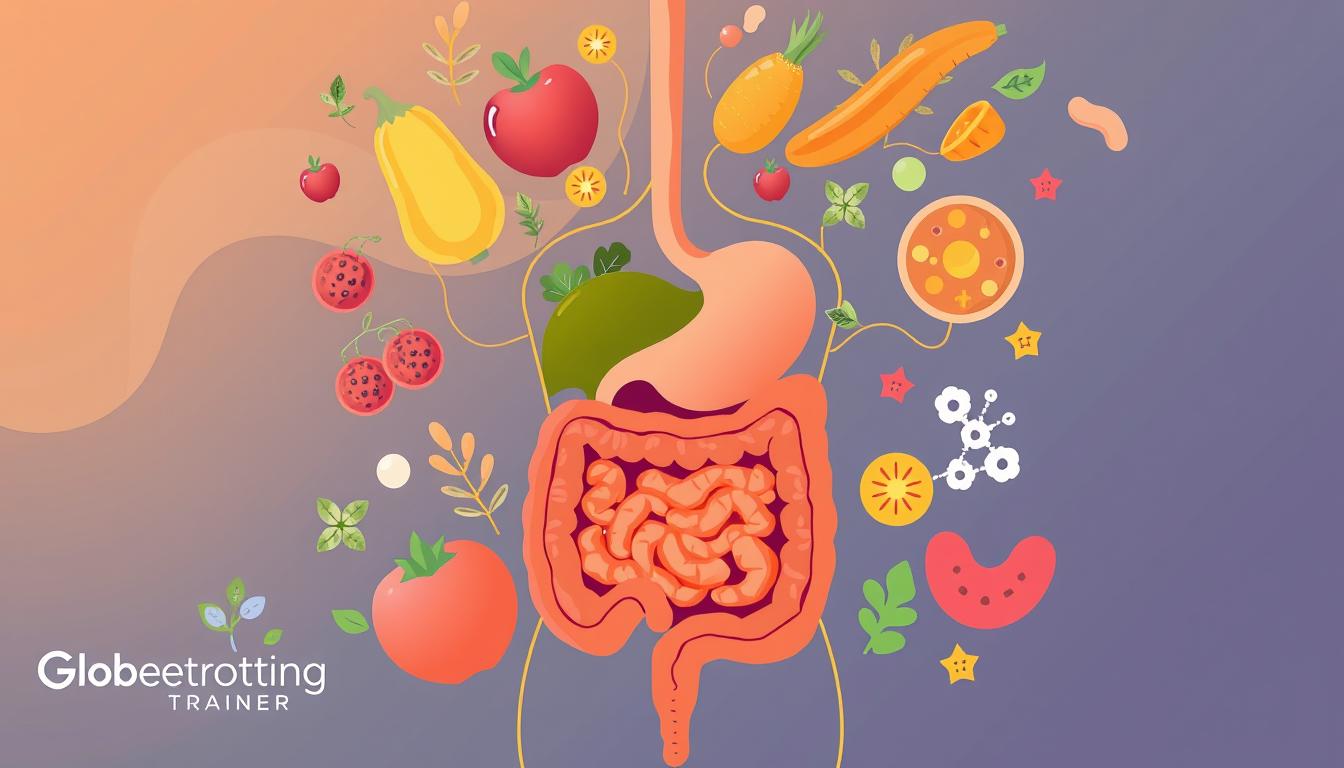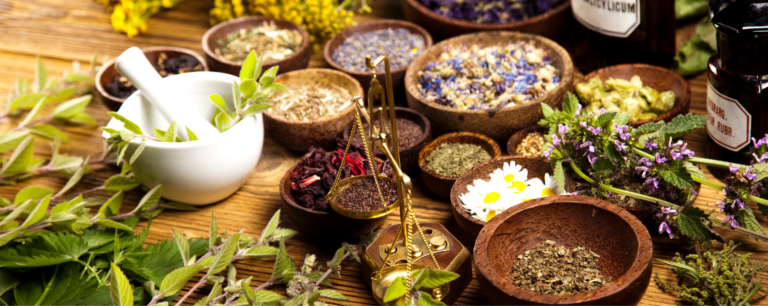Discover The Importance Of Gut Health Today
Did you know your gut is home to trillions of microorganisms? These tiny helpers are key to your health and happiness. Gut health has become a big topic lately, for a good reason. We’ll look at how your digestive system affects your health, from fighting off germs to keeping your mind sharp. Exploring gut health opens the door to your body’s natural defenses. Discovering the importance of gut health is a big step towards a healthier you.
- Gut health is essential for overall well-being, impacting various aspects of your health
- Gut microbiome plays a critical role in immune function, mental health and more
- Exploring the gut-health connection can empower you to take control of your natural health
- Practical strategies exist to support a healthy gut and boost your body’s natural defenses
- Addressing gut issues through natural, science-backed approaches can lead to improved overall wellness
Unveiling the Gut-Health Connection
Our gut is more than just a place for digestion. It’s home to a vast community of bacteria, viruses, and other microorganisms. This community is key to our overall health, affecting both our physical and mental well-being.
The Gut Microbiome: Key to Overall Wellness
The gut microbiome is vital for our health. It helps us absorb nutrients, keeps our immune system in check and even makes vitamins. Without a healthy balance, we face issues from digestive problems to chronic diseases.
Gut-Brain Axis: How Your Gut Impacts Mental Health
The gut and brain are connected through the gut-brain axis. This connection lets them talk to each other. Our gut health affects our mental health, mood and how well we think. Taking care of our gut microbiome can boost our mental health.
The Importance of Gut Health
Keeping our gut healthy is key to feeling good. It helps us absorb nutrients and get rid of waste and keeps our immune system strong. But, if our gut balance gets off, we might face health problems like digestive issues and chronic inflammation. Good digestive health is the base for a healthy gut function. A healthy gut lets us digest and absorb the nutrients we need. But, if our gut bacteria are out of balance, it can make it hard to absorb nutrients and lead to gastrointestinal issues. The role of gut health goes beyond digestion. It’s connected to our mental health through the gut-brain axis. An imbalance in gut bacteria can raise the risk of anxiety, depression and even neurodegenerative diseases. By understanding our gut’s importance and supporting it, we can improve our physical and mental health.
Fueling Your Body’s Defenses
The gut-immune connection is fascinating and vital for our health. Our gut microbiome, a diverse group of microorganisms, is key to our immune function. A balanced gut flora helps control the immune response, preventing too much inflammation and boosting our fight against harmful pathogens.
Gut Health and Immune Function
The gut-immune connection works both ways. The immune system affects the gut microbiome, and vice versa. A healthy gut flora trains the immune system to handle threats well and manage inflammation. Keeping gut health and immune system in balance strengthens our body’s defenses. Living a lifestyle that supports gut health and immune system balance is key. Understanding the gut and immune system’s relationship helps us support our immune function and resilience.
Dietary Approaches for Optimal Gut Health
Keeping our gut healthy is key for a strong gut microbiome. Eating foods rich in prebiotics and probiotics helps feed the good bacteria in our gut. This supports our overall gut health. Prebiotic foods, like fruits, veggies, and whole grains, feed the good bacteria in our gut. These foods help the gut microbiome grow and stay balanced. Great prebiotic sources include bananas, onions, garlic, and whole-wheat bread. Probiotic foods, like yogurt, kefir, sauerkraut, and kimchi, are full of live, good bacteria. They help repopulate the gut and improve digestion. Adding these foods to our diet can greatly improve our health and well-being. Mixing prebiotic and probiotic foods creates a diet that’s good for our gut. This approach boosts our immune system, helps us absorb nutrients better, and lowers the risk of gut problems.
Gut-Friendly Lifestyle Habits
Living a gut-friendly lifestyle is more than just eating right. It’s about connecting your mind and body. By managing stress, you can improve your gut health. This approach helps you feel better and strengthens the link between your gut and brain.
Stress Management for a Happier Gut
Stress can harm your gut, upsetting the balance of your gut microbiome. It can also make digestive problems worse. To fight stress, try meditation, yoga, and regular exercise. These activities reduce stress and improve your gut-brain connection. Try different ways to reduce stress and see what works best for you. Whether it’s walking, yoga, or meditation, doing it regularly can greatly improve your gut and life quality.
Addressing Gut Issues Naturally
For those of us dealing with gut troubles, natural methods can be very effective. One key tool is probiotic supplements. They help add good bacteria to our digestive system, fixing many digestive problems and boosting gut health.
Probiotic Power: Restoring Gut Balance
Probiotic supplements are full of live, good bacteria that can greatly improve our gut health. They help fix issues like bloating, constipation, and diarrohea. They also support a stronger immune system. Using the right natural gut health remedies can change our gut for the better.








